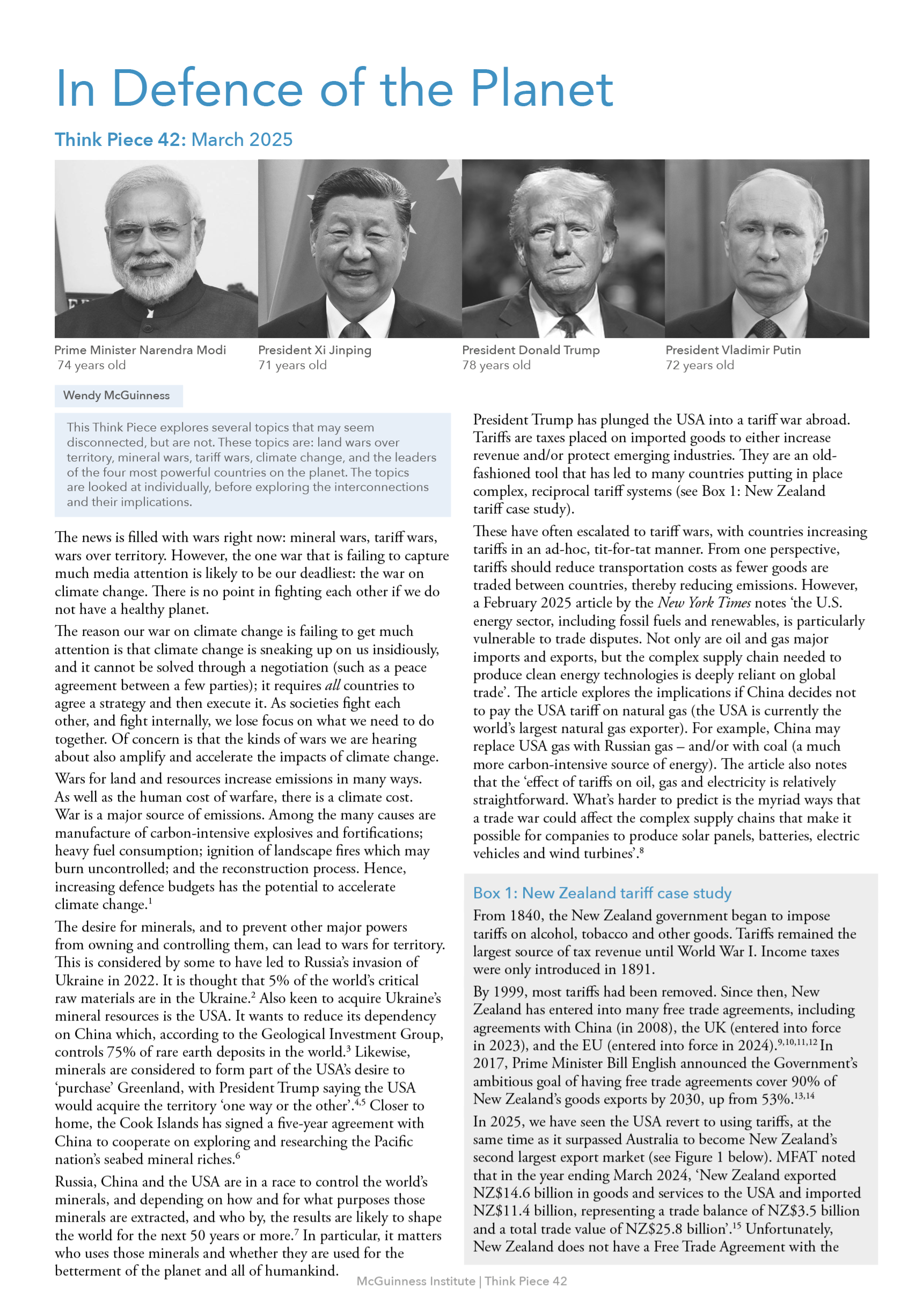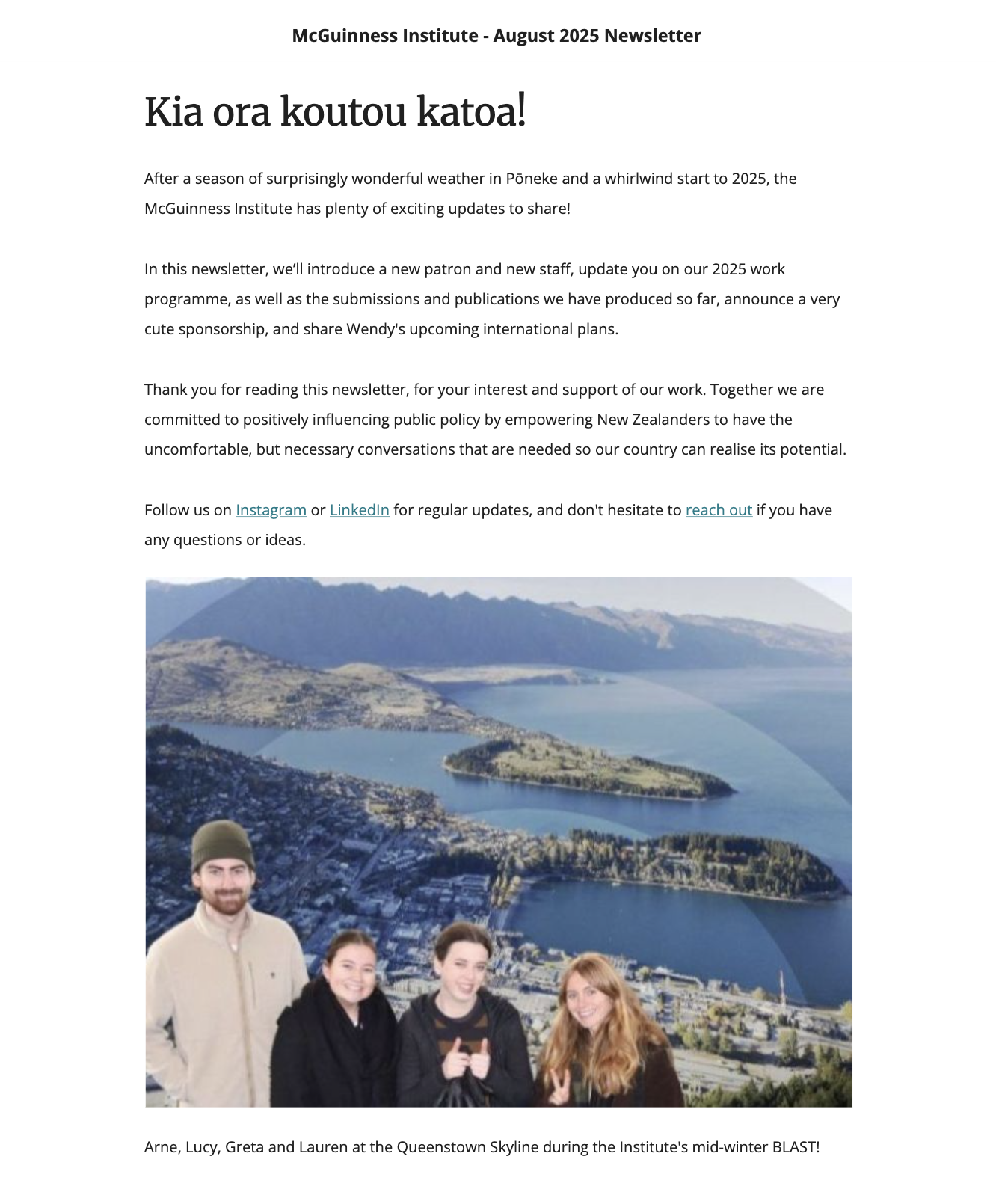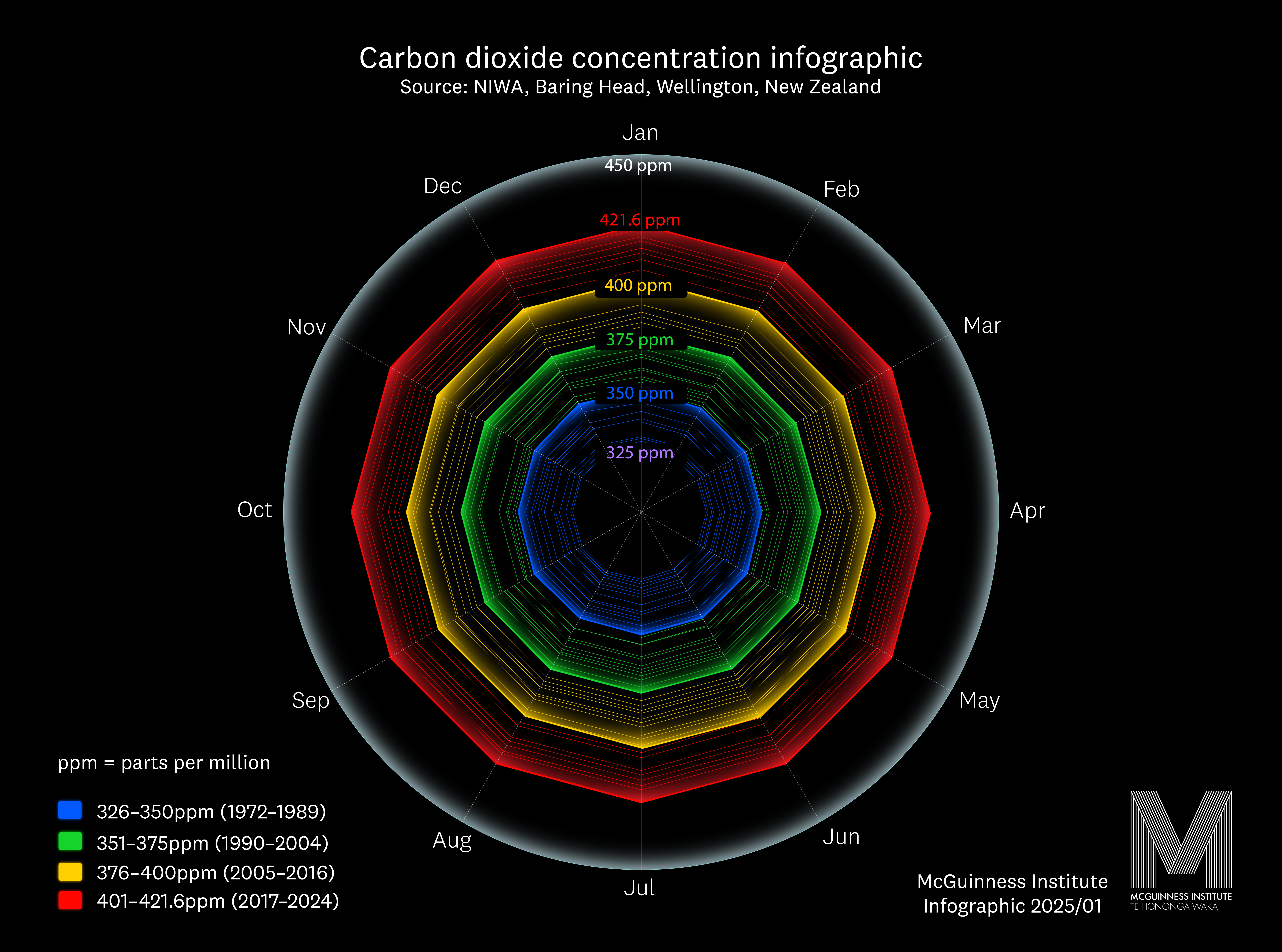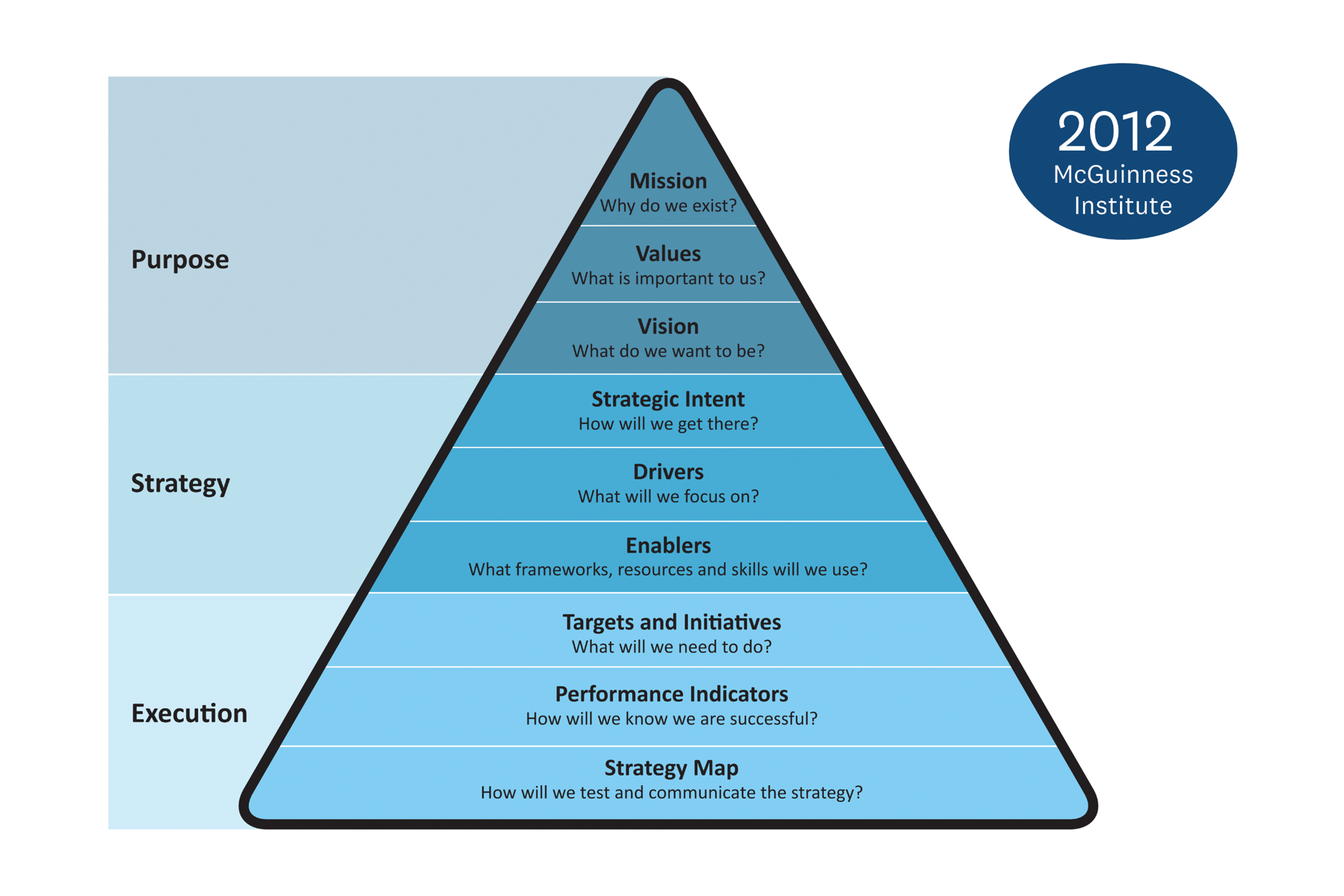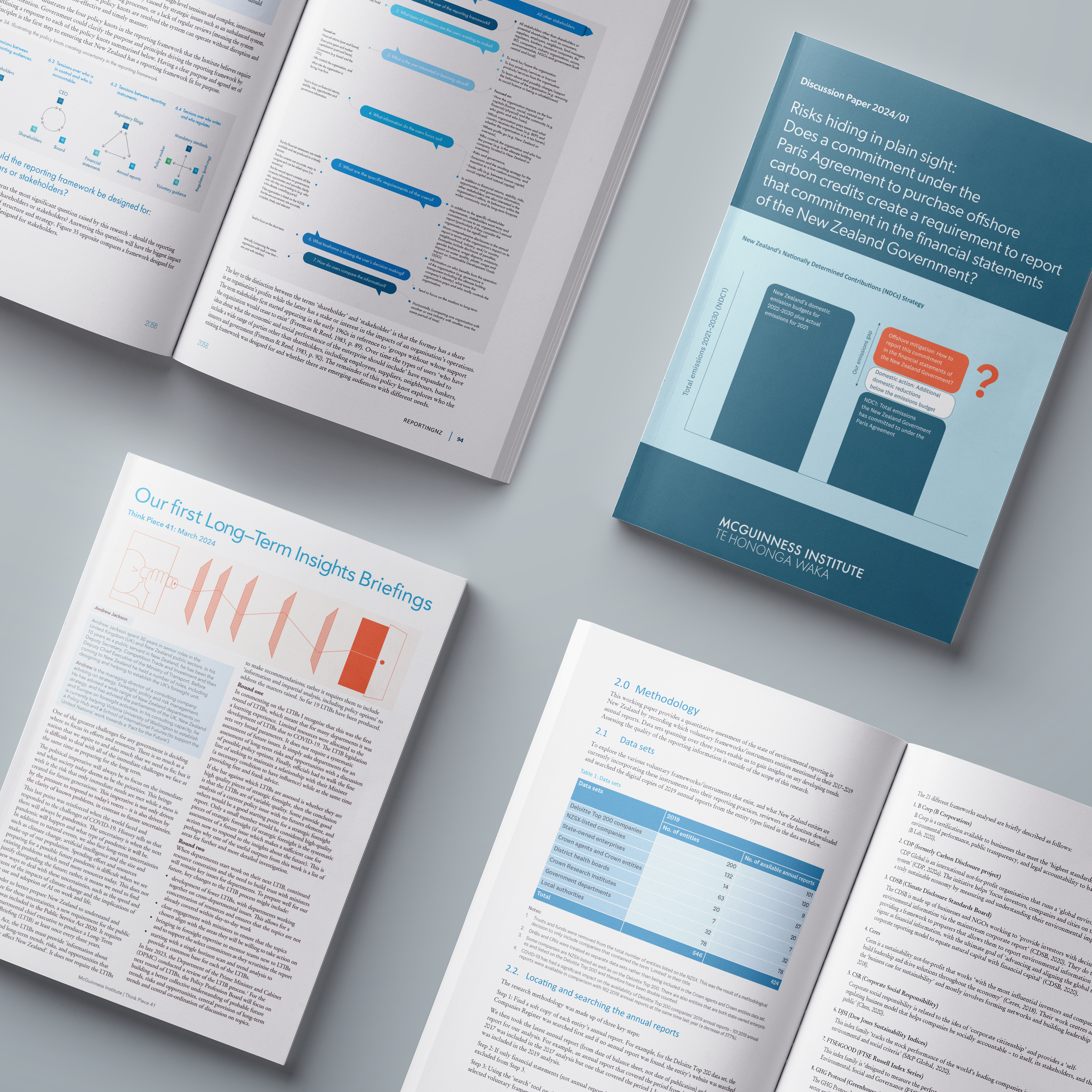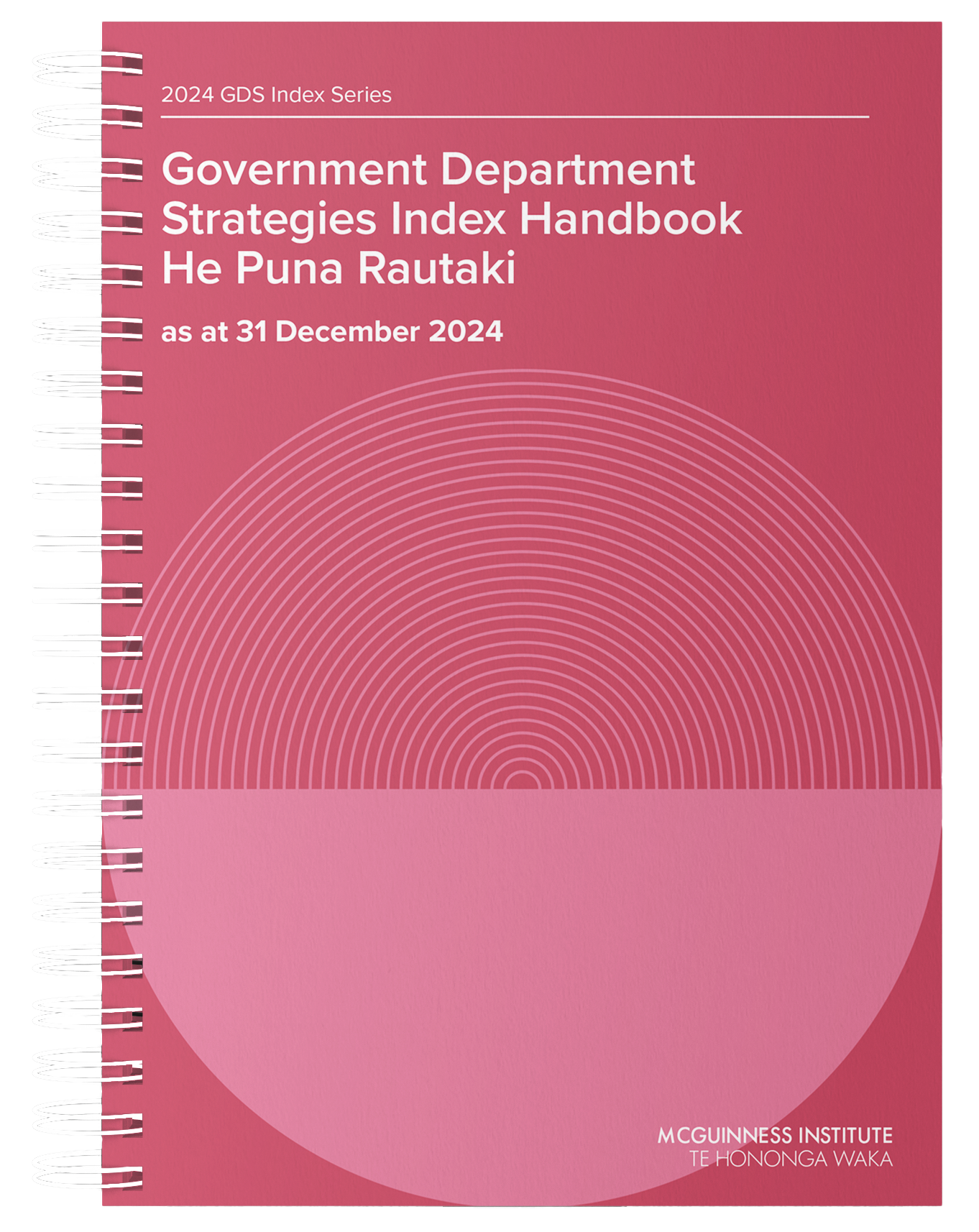We are a non-partisan think tank applying hindsight, insight and foresight to explore major challenges and opportunities facing New Zealand over the long term.
We are committed to positively influencing public policy by empowering New Zealanders to have the uncomfortable, but necessary, conversations that are required to enable New Zealand to realise its potential.
SECURITYNZ
Think Piece 44 – Building an integrated and interconnected AI drone system
August 2025
See Think Pieces to view and download
This think piece explores how AI drones may help us navigate the geopolitical shifts occurring around us. As well as recommendations, we identify six key international developments and ten key domestic developments to monitor.
Think Piece 43 – Unlocking Government documents with AI
May 2025
See Think Pieces to view and download
This think piece has been designed to explore how AI can be used as a research tool for large data sets. We drew on our recent research by using data sets of two types of government documents: Long-term Insights Briefings (LTIBs) and government department strategies (GDSs).
Think Piece 42 – In Defence of the Planet
March 2025
See Think Pieces to view and download
This think piece explores several topics that may seem disconnected, but are not. These topics are: land wars over territory, mineral wars, tariff wars, climate change, and the leaders of the four most powerful countries on the planet. We look at the topics individually, before exploring the interconnections and their implications.
highlights
LATEST RESEARCH
NEW
Discussion Paper 2025/01 – Lessons from the Double Moral Panic that Hit New Zealand in the 1980s: The AIDS pandemic and the Homosexual Law Reform Bill
July 2025
See Discussion Papers to view and download
NEW
New Zealand daily life: overseas dependencies and threats
June 2025
See Infographics to view and download
NEW
Working Paper 2025/03 – List of Climate-related Cabinet Papers Dated Between 2001 and 2024
June 2025
See Working Papers to view and download
SPECIAL TOPIC
Emergency and crisis management
Emergencies and crises are increasing in number, making it important to have clear, robust systems in place so New Zealand can respond to them quickly and effectively as required.
In response to this, the Institute has produced research on how New Zealand responds to emergencies and crises, to both understand the distinction between the two and identify how to improve the emergency management system across the country (which includes various legislative and policy instruments). We hope this will help New Zealand respond better as issues arise in the future.
As part of this project, Wendy presented at the New Zealand Risk & Resilience Summit 2025 on 23 July 2025. The New Zealand Risk & Resilience Summit included learnings and insights in strategic planning, risk and resilience modelling through to organisational culture, operations and a broader view of supplier, customer, sector, community networks and relationship strategies.
Below are the three documents that make up this series on risk and uncertainty, as well as emergency and crisis management.
NEW
Working Paper 2025/13 – The Language of When Things Go Wrong: Exploring how the terms ‘emergency’ and ‘crisis’ are used in legislation
July 2025
See Working Papers to view and download
NEW
Working Paper 2025/14 – Examination of the Emergency Response and the Crisis Response within the National Resilience System
August 2025
See Working Papers to view and download
NEW
Discussion Paper 2025/02 – How to Tell the Difference Between an Emergency and a Crisis and Why it Matters
July 2025
August 2025
See Discussion Papers to view and download

How to tell the difference between an emergency and a crisis, and why it matters
July 2025
See Slideshows to view and download
SPECIAL TOPIC
Government department strategies (GDSs)
We are delighted to publish the 2024 GDS Index Handbook, which is part of the fifth update to our ongoing GDS Index project.
This project illustrates how New Zealand might strengthen government department strategies (GDSs) to be more effective, responsive, measurable, aligned, comparable, and durable through public consultation, engagement, and ownership.
The GDS Index is important because if government departments make the content of GDSs more transparent, Ministers, officials, and the wider public will be better able to assess their quality and, where appropriate, work together to deliver better outcomes more cost-effectively.
Better visibility and stewardship of GDSs would not only deliver an integrated and aligned approach to government activity but would also reduce the risk of strategies working against each other. Further, it is all too easy to initiate a strategy and then quietly let it be replaced or lost into history without lessons being learned. Hence, it is critically important to monitor active GDSs to the end of their useful life.
Also within the series are two Working Papers:
- Working Paper 2025/01 – Methodology for the 2024 Government Department Strategies Index
- Working Paper 2025/02 – Analysis of Climate Change in Government Department Strategies as at 31 December 2024
latest blogs
How to thrive in uncertain times – embracing the ‘uncertainty mindset’
As we face an uncertain world, developing an uncertainty mindset can make all the difference.
The difference between an uncertainty mindset and a risk mindset comes from our work researching risk and uncertainty, Discussion Paper 2025/02 – How to Tell the Difference Between an Emergency and a Crisis and Why it Matters. In this paper we explored Frank H. Knight’s 1921 book, Risk, Uncertainty, and Profit.
OECD Expert Group on Strategic Foresight established
A newly formed Organisation for Economic Co-operation and Development (OECD) Expert Group on Strategic Foresight brings together ten renowned foresight experts from around the world, including our own Wendy McGuinness.
Arne Larsen’s ‘life-changing’ placement with the UK Strategic Foresight Team
The Institute’s Arne Larsen had the enormous privilege of spending November 2024-January 2025 in Oxfordshire, on placement with the Strategic Foresight Team at Defence Futures – the think tank of the UK Ministry of Defence (MOD). Arne describes the experience as ‘inspiring’ and ‘life-changing’.
our office
Stay in the loop
Subscribe for annual updates of what we have been up to, for insights on our recent publications and to learn about upcoming events.



